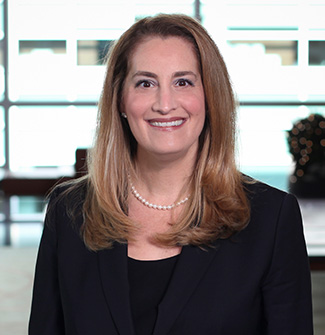This week, the United State Supreme Court finally resolved a circuit split and unanimously held that SEC actions seeking to disgorge ill-gotten gains are subject to a five-year statute of limitations on civil fines, penalties or forfeitures under 28 U.S.C. § 2462. This decision is expected to dramatically reduce the SEC’s ability to collect disgorgement in enforcement actions.
The decision arose out of an SEC enforcement action brought in 2009 that alleged between 1995 and 2006, Charles Kokesh, a New Mexico-based investment adviser, misappropriated $35 million from two investment advisory companies he owned and controlled, thereby squandering the money of tens of thousands of small investors. Kokesh was ultimately found liable at trial and the trial court ordered him to disgorge the entire $35 million he was found to have misappropriated plus interest, and pay a civil monetary penalty. Kokesh subsequently challenged the disgorgement order before the U.S. Court of Appeals for the Tenth Circuit, arguing that the SEC’s claim for disgorgement was subject to the five year statute of limitations period codified in Section 2462, and therefore the $35 million disgorgement amount should be significantly reduced by eliminating any ill-gotten gains received prior to 2004—five years prior to the initiation of the SEC enforcement action. A three judge circuit court panel of the Tenth Circuit unanimously disagreed, and upheld the disgorgement order on the basis that disgorgement is not a “penalty” or “forfeiture” as defined in Section 2462, but rather was “remedial” and “does not inflict punishment” because it leaves the wrongdoer “in the position he would have occupied had there been no misconduct.” On this basis, the Tenth Circuit held that Section 2462’s limitations period was inapplicable to disgorgement. READ MORE












